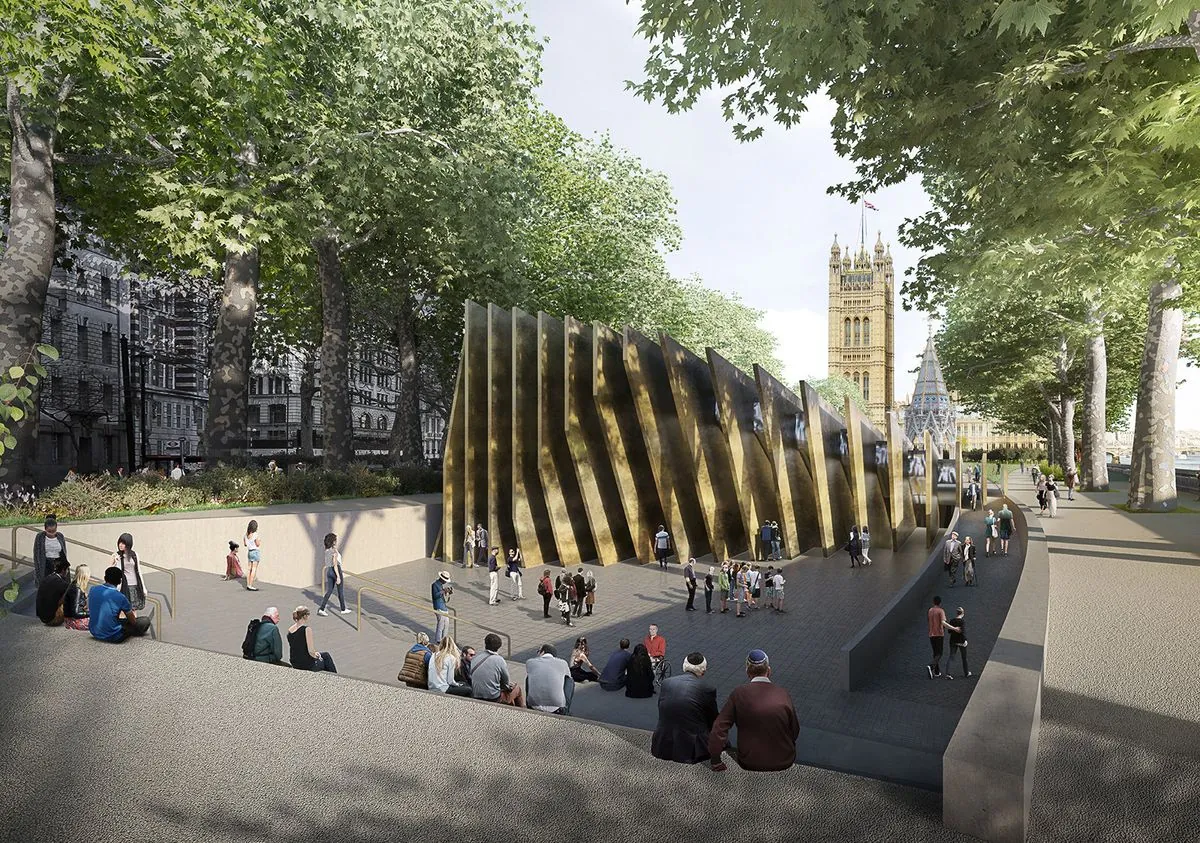Former PM Advocates for Parliament-Adjacent Holocaust Memorial
Lord Cameron champions the construction of a Holocaust memorial near Parliament, facing opposition from peers. The project aims to be a bold statement against hatred, despite design and location concerns.

Lord Cameron has voiced strong support for the construction of a national Holocaust memorial adjacent to the UK Parliament, despite objections from some members of the House of Lords. The former prime minister asserts that relocating the proposed site from Victoria Tower Gardens would be tantamount to yielding to anti-Semitism.
In his first significant address since the Conservative Party's electoral setback, Cameron emphasized that the project would serve as "a bold unapologetic national statement" against hatred. This statement comes in response to criticism from certain peers who have described the memorial's design as an "eyesore" and "a lazy choice."
The government has reintroduced legislation to permit the construction of the Holocaust memorial in a park next to Parliament. Victoria Tower Gardens, situated along the River Thames, is currently protected by a 125-year-old law that prohibits building on its grounds.

The proposed memorial design incorporates 23 bronze fins, representing each country where the Holocaust occurred, accompanied by a nearby museum. Cameron argued for the significance of the location, stating, "There's a real power in bringing together the monument and the education and having it at the heart of our democracy."
"This is not just some monument to something that's happened. It's a permanent reminder and that's why it's so important that it's co-located with our parliament."
The former foreign secretary emphasized the necessity of the monument, citing the worsening of anti-Semitism in recent years. While acknowledging security concerns due to the site's proximity to Westminster Palace, Cameron contended that these concerns further underscore the project's importance.
However, the proposal faces opposition from several peers. Lord Black, a trustee at the Imperial War Museum Foundation, summarized his view as "great idea, wrong place." He criticized the decision-making process and suggested the Imperial War Museum as a more suitable location, given its existing Holocaust collection and role in remembrance and education.
Baroness Deech also voiced criticism, comparing the memorial's design to a "giant toast rack" and expressing concerns about the need for armed guards due to rising anti-Semitism and its proximity to Parliament.
Despite the opposition, Lord Khan, a housing minister, defended the proposals while acknowledging the lack of universal support for the project.
The debate surrounding this Holocaust memorial highlights the ongoing importance of Holocaust education and remembrance. As digital technology advances, efforts are being made to preserve survivor testimonies for future generations, ensuring that the lessons of this tragic period in history are not forgotten.


































